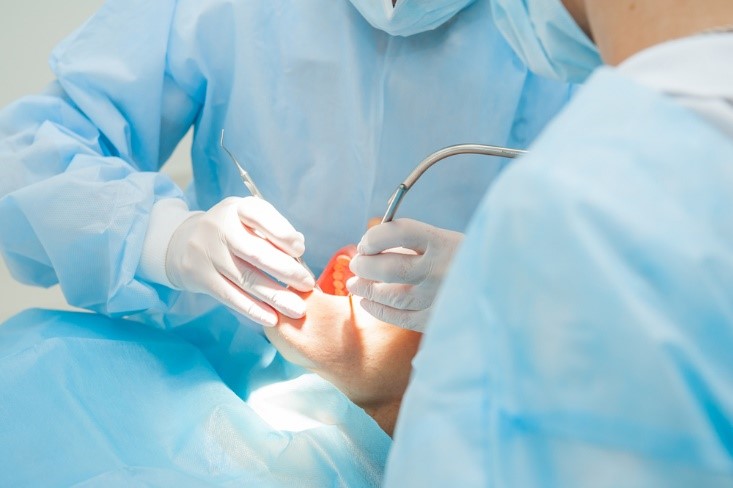Preparing For Oral Surgery: Top Tips And Advice
Oral surgery can be intimidating. Whether you’re undergoing orthognathic surgery to correct your bite, having one or more dental implants placed, or having your wisdom teeth pulled, you may be nervous about your upcoming appointment. But don’t worry. By following the proper tips from a San Diego oral surgeon, you can make your dental surgery much easier on yourself. Learn more now, and be prepared!
1. Start By Discussing The Procedure With Your Dentist
First things first, discuss every aspect of the procedure with your dentist. Don’t be nervous or uncomfortable about asking questions. Listen closely as your dentist explains the operation, as well as details about recovery and anesthesia, and ask any questions that come to your mind about the procedure.
Being fully informed about a procedure is the best way to boost your confidence, and feel better about your surgery. Understanding things like the risks of common complications, recovery time, and other basics will help you feel more “in control.”
You should also make sure that you discuss any potential health conditions, drugs you’re taking, and other medical procedures that could present complications during the procedure.
Finally, ask questions about anesthesia and sedation. In many cases, you may be able to get oral sedation or IV sedation, to help you relax during the procedure. While this is more common for more serious surgeries, most dentists offer sedation even for minor dental surgeries, like tooth extractions. Just ask!
2. Work Out Your Insurance Coverage Ahead Of Time
Working with an insurance company isn’t anyone’s idea of a good time. But before you commit to the procedure, you need to get proof that your insurance covers the procedure – ideally in writing.
Usually, you can work with your dentist to make sure that insurance is going to pay and get written confirmation and description of the procedure. Try to get ICD-10 codes for your procedure, to confirm that you are covered. This kind of documentation will also help you win the case if your insurer tries to deny your claim for any reason.
3. Arrange Transportation To And From Your Appointment
If you’re being sedated or going under “deep anesthesia,” you’re not going to be able to drive yourself home after your appointment, as you’ll still feel a bit woozy and out of it for several hours, making it dangerous to drive. So take a taxi, Lyft or Uber, or have a friend or family member drive you!
4. Understand Pre-Surgery Food/Drink And Smoking Restrictions
In most cases, if you’re undergoing general anesthesia or having IV sedation, you’ll need to avoid eating and drinking (even water) for 8-12 hours before your procedure.
You also cannot smoke for at least 12 hours before your oral surgery and must wait 24 hours before smoking afterward.
If you aren’t going under IV anesthesia, you can probably have a light meal 1-2 hours before your surgery. Make sure to brush and floss properly afterward to ensure your mouth is clean.
5. Follow Your Doctor’s Instructions For Recovery
Your doctor will explain everything you need to know about recovery after your procedure. In most cases, you’ll also be given a written sheet, outlining steps you need to take while recovering, and things to avoid doing post-surgery. Follow these instructions to the letter, to reduce your risk of postoperative complications, and recover more quickly.
6. Have A Post-Operative Diet Plan
You’ll likely want to eat a mostly liquid diet for the first day or two after your appointment. Protein shakes are great for this, as are products like Soylent, Slimfast, Boost and Ensure. When you start eating solid foods, go for soft and mushy foods like oatmeal. Avoid acidic or spicy foods and hard foods which may irritate your teeth and gums.
Finally, don’t use straws. The suction caused by using a straw after oral surgery could damage and displace your blood clot, causing dry socket, and it could also cause damage to stitches or sutures inside of your mouth.
Follow These Tips – Be Prepared For Oral Surgery! If you know what to do before surgery, you’ll feel much less nervous, and you’ll be ready to go to your appointment with confidence. So follow these tips, and you’ll be able to get through your next oral surgery more easily!

